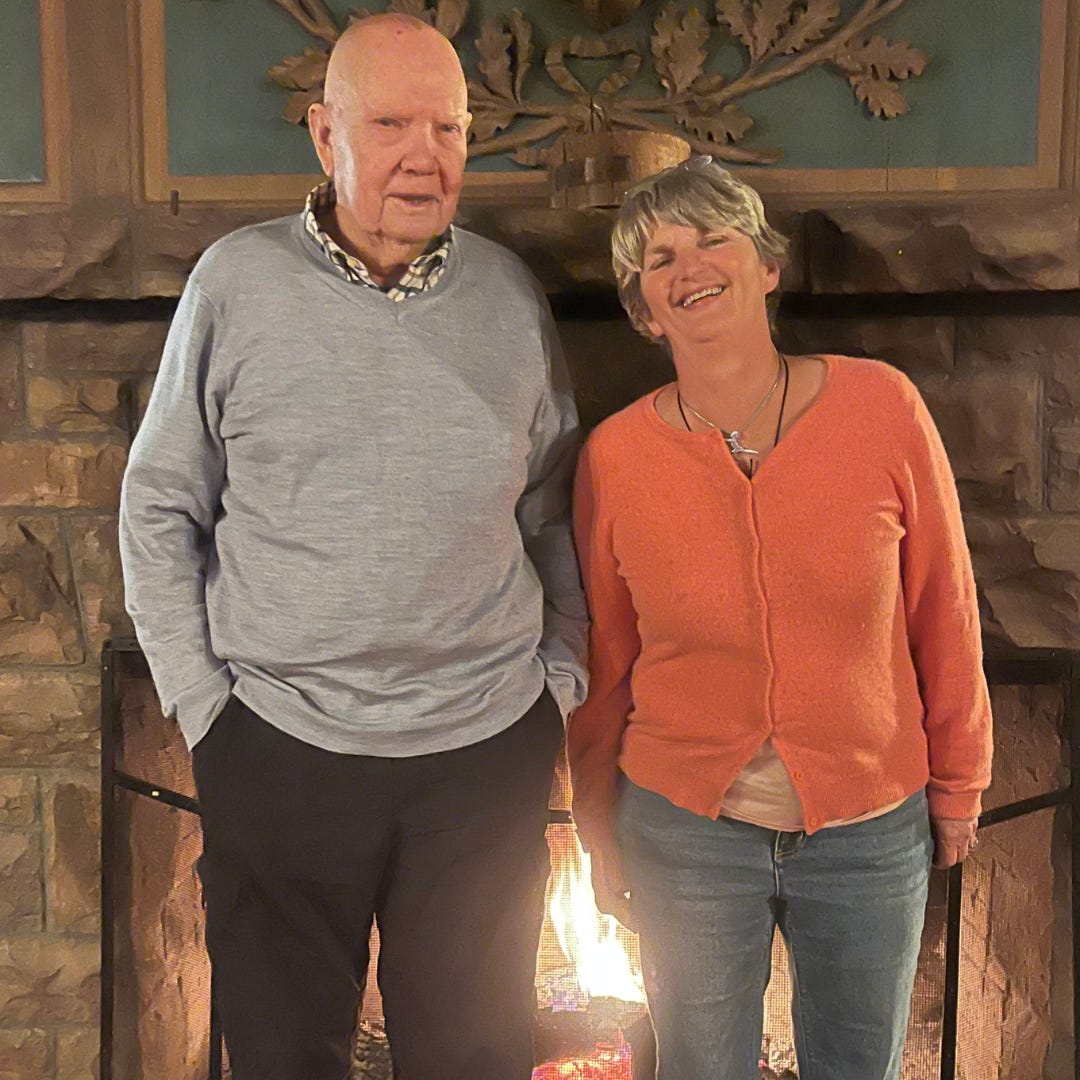Last week, I attended something extraordinary. Stripping the Canvas Bare, a meeting that Lisa Szymanski and I co-hosted with the aim of opening new conversations and possibilities in the world of Parkinson’s research. Reflecting on the experience, my coach Sherif asked me if I got what I hoped for. The answer is it exceeded my expectations.
From the outset, one of my deepest desires was to expand support and deepen discussion around a systems-level hypothesis that Barry Ninham, Matt Battye, and I have been developing over the past year. It weaves together several interconnected threads including the overlooked (but essential) glycocalyx, the ongoing battle in the gut, a redox stalemate, and notably, a fundamental rethinking of how energy flows in biology through nano bubble cavitation.
Expanding the Hypothesis
While not all attendees fully embraced our model, it was met with genuine curiosity and, in some cases, strong validation from key scientists in the room. Conversations with Dr. Leonard Neatu, Dr. Martin Felisch, and my longtime colleague Dr. Daniel Paredes were especially instrumental in helping solidify the redox biology dimensions of our thinking. Each brought their own body of research and insight, and together, they helped clarify how the loss of redox flexibility in the gut may be a fundamental contributor to neurodegenerative disease.
Daniel’s presentation was a personal highlight for me. After nearly ten years of collaborative friendship, I saw how his work, conducted independently over many years, fit seamlessly into the broader journey we’ve been exploring. His experiments validated essential elements of our shared hypothesis. I believe his contribution brought something meaningful to everyone in the room. And we’re honored that Daniel will be joining us as a co-author on our upcoming publication.
The Power of Perspective
Another profound outcome was the broadening of perspective. We invited a truly diverse group, including scientists, practitioners, patients, and thinkers from across the political and philosophical spectrum. The result was a dynamic, sometimes challenging, but deeply respectful dialogue.
In a time when discourse has become polarized and fragile, we showed that it is possible to sit in a room for two and a half days, in tight quarters, and come away with something rich, hopeful, and transformative. People felt free to speak. Sometimes that meant uncomfortable truths. But it mostly meant listening. And from that listening emerged something I believe is rare today—a shared willingness to think differently.
Whether everyone will continue looking through that wider aperture remains to be seen. But we cracked it open. We planted the seed. And perhaps what we started was the beginning of a scientific revolution.
Gratitude and Grounding
Lisa Szymanski deserves special recognition. Her steady, unwavering support from the earliest planning calls to the closing moments of the event was instrumental. She quietly made things happen. And she did all of this while living with Parkinson’s herself. Lisa is grace in motion.
There were other patients present as well. Some where accompanied by spouses, and their presence deeply enriched our discussions. I believe each of them left with a measure of hope they didn’t have before. That alone made the effort worthwhile.
We were also joined by longtime colleagues in autism research. Many of us have sensed, intuitively and through years of inquiry, that these complex conditions, Parkinson’s and autism, share deep biological overlaps. To have those conversations in the same room, side by side, was deeply affirming.
And then there was Barry Ninham. Spending a full week together with Barry was one of the greatest honors of my professional life. Barry is a brilliant mind, a humble force of curiosity, and now a dear friend and colleague. His wisdom has helped shape this inquiry in more ways than I can count.
Looking Forward
There are things I might do differently next time. Perhaps I would have moderated more intentionally on the second day, though we adapted when things shifted. But I would not change who I invited. The diversity of thinking, experience, and worldview is what made this gathering so vibrant.
We’re now gathering feedback and reflections from those who attended, and I believe those testimonials will speak to the quiet power of what was co-created in that room. Reductionist thinking has its place, but it hasn’t gotten us very far in solving these complex, chronic diseases.
Systems thinking must rise.
Terrain matters.
The gut is the root of health.
And collaboration across disciplines, diagnoses, and divides is the way forward.
In the end, I left this meeting not just with scientific insights, but with a deepened appreciation for the friendships and alliances that have been forged over the years. Sometimes through my nudging, and sometimes entirely by their own volition. What’s emerging feels like a symphony, a co-creation of many voices, each playing their part.
Let’s keep listening.
With gratitude,
Martha
PS - I’ll be sharing video footage of these conversations with my subscribers soon!
Thank you for reading! Let’s keep the conversation going.
Here is all of my published work, prior to joining Substack.
My Companies:
At BiotiQuest, we take these discoveries and turn them into action with science-based, targeted probiotics designed to support gut balance, metabolism, and overall wellness: Click here to learn more.
With a mission to uncover the role of gut health in systemic conditions like Parkinson’s, The BioCollective bridges the gap between research and solutions that empower better health for all. Click here to learn more.






